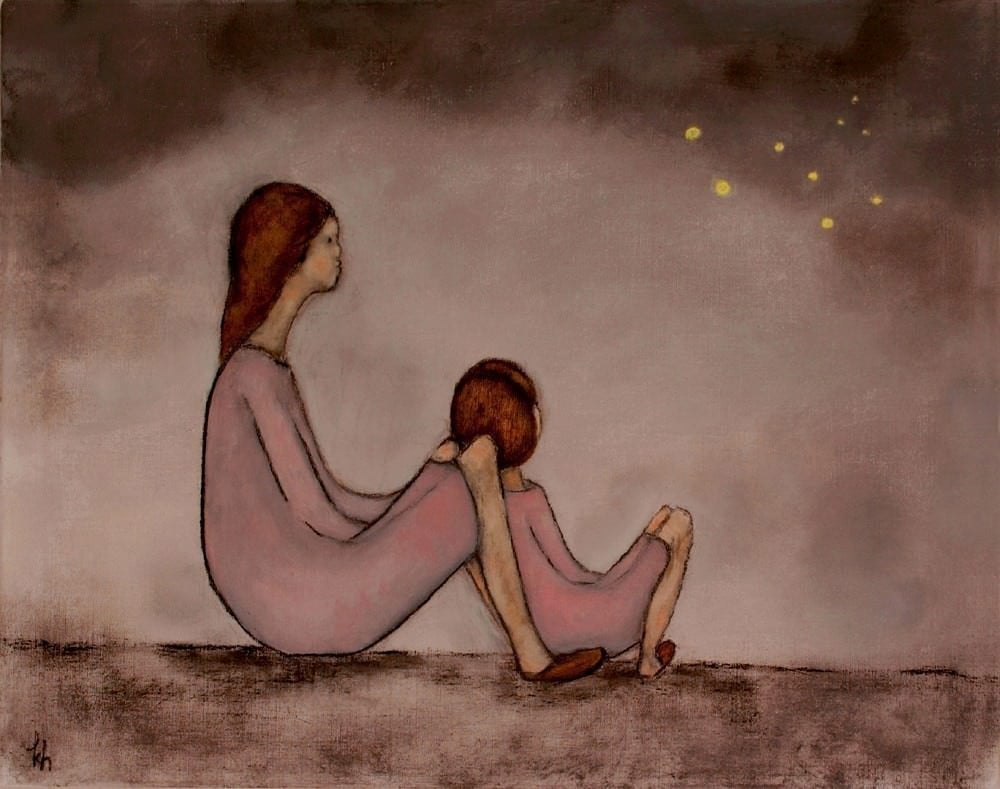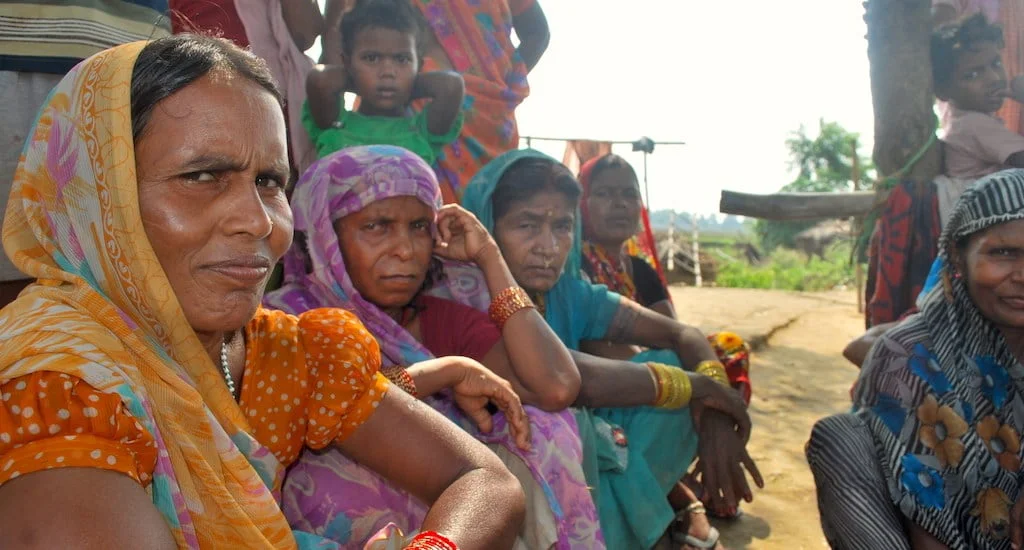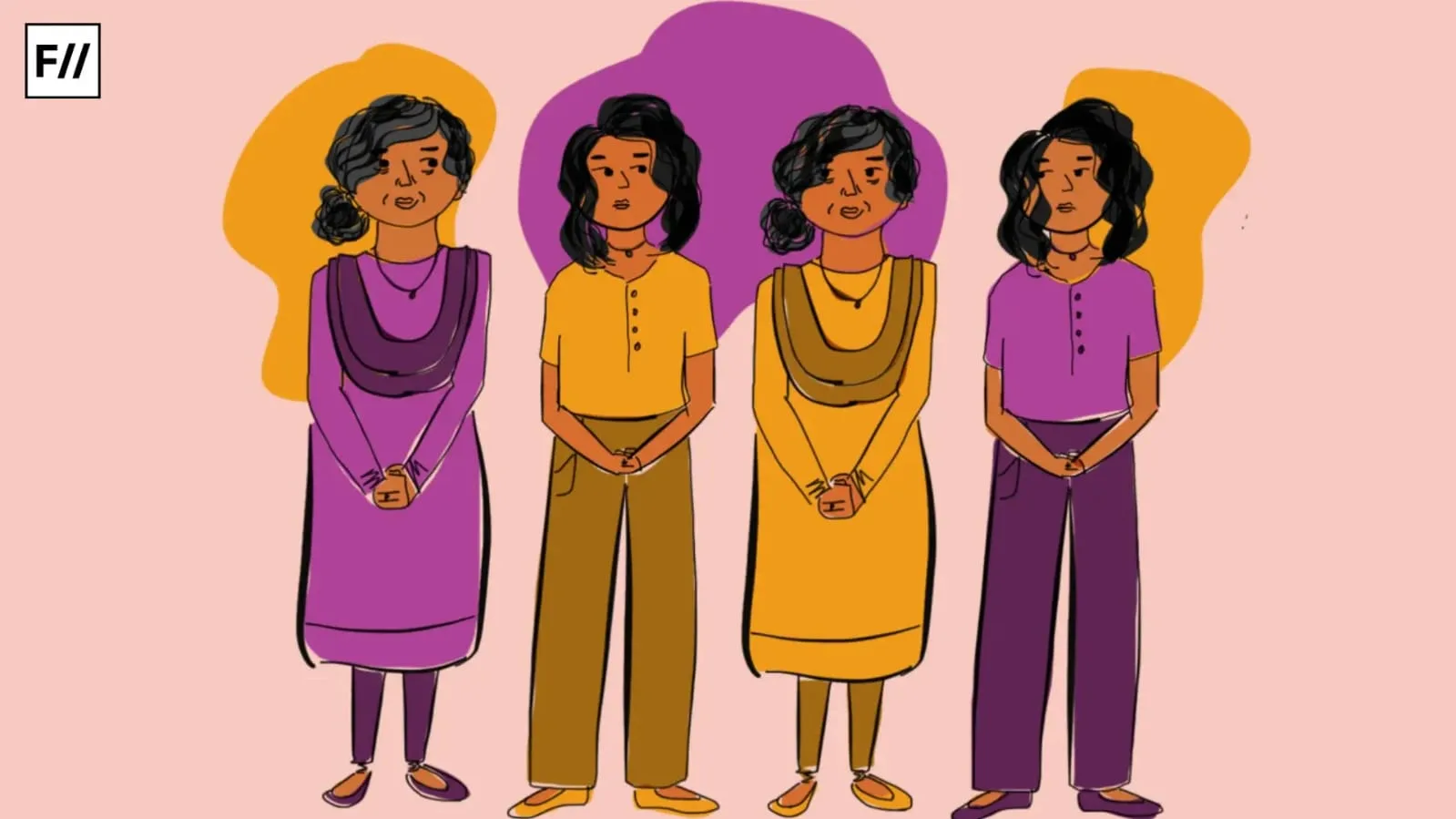My friend had irregular periods with heavy bleeding. It refused to stop within a week and was followed by a pain in her pelvis, which would weaken her. She had a problem with urination. Though there was the urge to urinate, but all she could do was to exert pressure which would result in a gush of blood. Her legs were sore and hurt every time she moved.
At work, she felt groggy. Sometimes, she ran to the washroom and threw up. She could not handle the workload. She applied for leave and returned home.
Nothing was right at home too. Her conjugal life suffered given to the fact she bled frequently. Sex with her husband which would result in bleeding too.
After seeing her suffer for four long months, her husband took her to a regular physician. She was referred to a gynaecologist. The tests were conducted. The ultrasound showed fibroids. There were tumours in her uterus. Not one, but many.
Since the couple did not have children, the doctor tried to stop the removal of the uterus, but fate willed otherwise. However, the surgeons had no choice but to go ahead with the hysterectomy process – to remove the uterus.
never say that you cease to be a woman without your uterus.
Her case history revealed she had heavy bleeding since she was a teenager. That was an indication that the uterus was gradually developing tumours. Her parents never bothered. Everyone thought it was natural.
The impact of the removal of the uterus was devastating. Though her husband continued to be supportive, he could not shake off recurring thoughts about not becoming a father, which he confided to his family and circle of friends. Her in-laws never ill-treated her, but would subtly indicate that she could not be a mother whenever there was a newborn in her family.
Her own family was different – they wished her well and always had words of wisdom and courage for her. But they never acknowledged the fact that they didn’t take her to a doctor when she had heavy bleeding as a teenager.
She bore the entire trauma, she heard all the stories and she comprehended she will never be a mother. She embraced a stoic silence, she left her job and lost all interest in sex. She confided in me, “I am no more a woman. I am just a flesh in the name of a woman. I cannot be a mother. I cannot be a good wife.”
There were cases when her husband told her mother about her angry outbursts. She suffered bouts of anxiety. There were days she found it difficult to control her rage, but there were days where she also kept only to herself and wept. Only silver lining here was that the biopsy report showed that the tumours were non-malignant, it could have been worse.
To understand Uterine Fibroids, Mayo Clinic reports,
Uterine fibroids are noncancerous growths of the uterus that often appear during childbearing years uterine fibroids aren’t associated with an increased risk of uterine cancer and almost never develop into cancer. In extreme cases, multiple fibroids can expand the uterus so much that it reaches the rib cage.
But most women don’t know they have uterine fibroids because they often cause no symptoms. Your doctor may discover fibroids incidentally during a pelvic exam or prenatal ultrasound. When to see a doctor involves pelvic pain that doesn’t go away, overly heavy, prolonged or painful periods, spotting or bleeding between periods, difficulty emptying your bladder. Seek prompt medical care if you have severe vaginal bleeding or sharp pelvic pain that comes on suddenly.
Also Read: Divided Feminism And Underlying Patriarchy Of Reproductive Health Concerns
While the causes of fibroids are still unclear but Healthline lists a few of them:
Estrogen and progesterone are the hormones produced by the ovaries. They cause the uterine lining to regenerate during each menstrual cycle and may stimulate the growth of fibroids. Fibroids may run in the family. If your mother, sister, or grandmother has a history of this condition, you may develop it as well. Pregnancy increases the production of estrogen and progesterone in your body. Fibroids may develop and grow rapidly while you are pregnant.
It isn’t mandatory to treat fibroids with the hysterectomy process. Dr William Parker says
Hysterectomy is a major operation and carries with it risks of infection, injury to other organs, anaesthesia risks, and blood loss that can sometimes result in the need for transfusion. While complications are uncommon, they should not be taken lightly. The cost of surgery is expensive, including doctor’s fees, anaesthesia fees, hospital charges, and operating room charges. So, if major surgery can be avoided, that’s preferable.
For the woman who has symptoms from fibroids that require her to have surgery and who does not wish any, or any more, children, removal of the uterus should be discussed. Hysterectomy may be appropriate for a woman who has multiple fibroids, or very large fibroids, and who does not want to take a chance that another surgery may be needed for fibroids at a later time. Hysterectomy can be an option for women who have fibroids, but only when fertility is not an issue, only when other options have been tried, only when they are emotionally prepared, only as a last resort.
The uterus is a reproductive sex organ. So for a woman, removal of the same can have a severe effect on her mental health. To name a few: She may lose interest in sex, have a constant backache, a feeling of weariness, behavioural changes and obesity.
She will never have her periods but she will still have premenstrual symptoms each month. My friend faced the same. An eerie feeling, the bloating, the sensitivity of the nipples – all the symptoms are similar but the only thing which differed is her inability to be a biological mother.
One need not be a biological mother to have a family.
It is necessary for the partner to be compassionate. You may not have a child of your own, but one can try for adoption and surrogacy. Do not be hesitate to acknowledge the strain on your mental health – go for counselling or take help from a psychiatrist in order to heal.
My friend did take the help of a psychiatrist. She recovered from the trauma of not being able to bear her own child. Five years later, the couple went for adoption and adopted a little girl. One need not be a biological mother to have a family.
In conclusion, never say that you cease to be a woman without your uterus. When women hit menopause, they do not stop being women. You can change your destiny. Refuse to be a victim of your mental cage and emerge as a victor.
Also Read: Living With Fibromyalgia: An Invisible And Chronic Illness
Featured Image Credit: Pinterest
About the author(s)
Rimli Bhattacharya works in the corporate sector. She is also a trained Indian Classical Dancer in Kathak and Odissi. Rimli has been awarded a Star Blogger by team Bonobology for her essay “Running a solo Marathon”.




